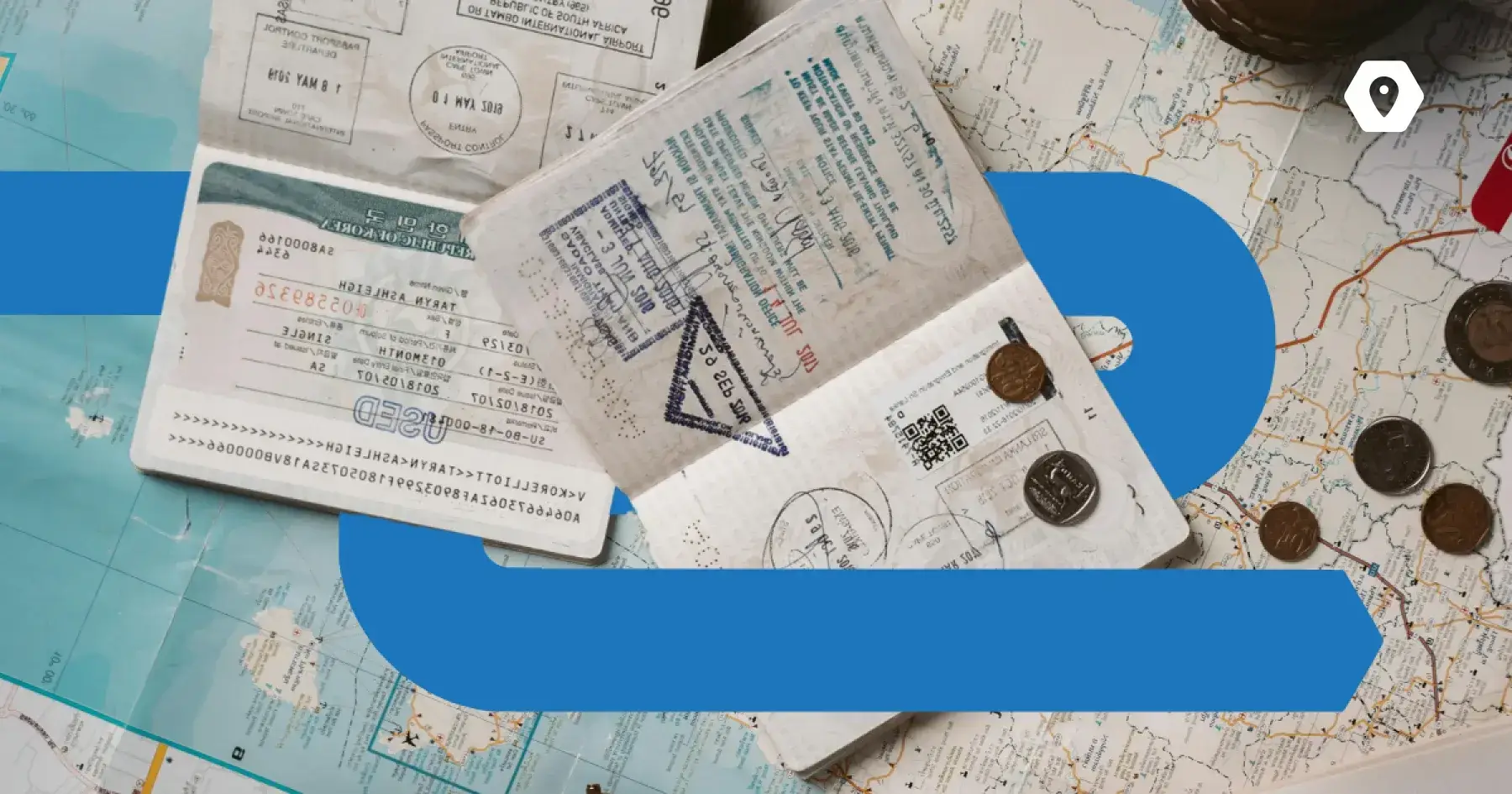
.svg)
Call sales
+44 330 818 7363

The tool addresses critical HR pain points with five key benefits:

At Jobbatical, we've handled over 16,000 relocations, helping HR teams automate visa processes and ensure compliance. These use cases showcase common scenarios, from tech talent mobility to executive family relocations, with key metrics like 50% time savings on applications
Thank you for reaching to us!
We will get back to you with more information and the meeting details very soon.
A residence permit in Germany allows non-EU nationals to live in the country for work, family, or other purposes. It's required for anyone planning to stay longer than 90 days and is typically linked to the purpose of stay—such as employment, studies, or family reunification.
Most residence and work permits in Germany are issued for 1–4 years. Renewal is typically required before the permit expires—usually 8–12 weeks in advance. Timely renewal ensures continued legal residence and work rights without interruption.
Yes. Non-EU nationals must apply for an amendment of their residence permit to reflect their new employer.
Other German work permits, like the Skilled Worker Permit, have different requirements and salary standards. It has also been confirmed that the option to work in a field different from your original qualification only applies to the Skilled Worker Permit, not the EU Blue Card. You should consult official German immigration authorities for information on other work visa types.
Yes, after 33 months on an EU Blue Card (or 21 months with B1-level German skills), employees can apply for permanent residency. Standard work visa holders can apply after 5 years.